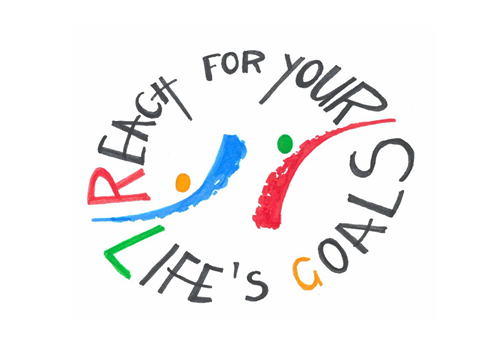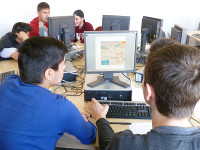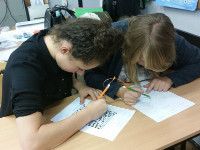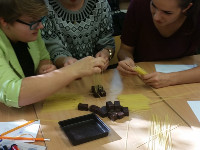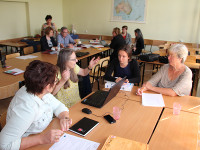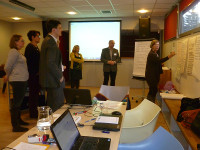About the tools
The project aims at developing complex tools which can be used without constraints and will help us to assess and develop the business competencies, in wider and measurable terms, of NEET young people who live in various regions of Europe. The project will also encourage young people to abandon their typical reactive attitudes and move towards more proactive behaviour.
After reviewing professional literature and holding a number of personal meetings and online consultations, the project partners have finally agreed that maintaining the healthy and positive self-assessment of the young people is one the most important conditions for them to reach their goals. There are some personal traits and motivations which are of particular importance in relation to success in business.
A few important personal traits:
- passion: confronts opportunities and challenges with strong enthusiasm and sustains a highly motivated state to reach goals
- perseverance: maintaining goal-directed action even when faced with obstacles
- proactivity: looks for opportunities, initiates and takes action, and perseveres until they have brought about the change they planned for
Personal motives may also play important roles:
- internal locus of control: the degree of conviction to which a person believes that he/she can directly affect an event or control an outcome
- need for achievement: tries to accomplish difficult tasks – and maintains high standards in implementation
- self-efficacy: a person’s belief that they are able to do and successfully accomplish a task or specific activity
The whole programme aims at strengthening the traits mentioned. The partners have however described/delineated ten content areas to be handled independently within the wider area of business competencies. They are as follows:
- willingness to learn: self-reflection on strengths and weaknesses; missing competencies and skills are looked upon as learning opportunities; being open to acquiring new skills
- interpersonal skills: readiness to communicate and do teamwork – ability to work with people from diverse backgrounds. Ability to identify own thoughts and feelings and communicate them; using all these skills in conflict resolution; assertive communication; active listening skills; clarification of ideas; debating skills; negotiating; cooperation in pair- and team-work; networking: building and maintaining good relationships.
- strong initiative: looks for new opportunities, highly motivated, persistent, identify and choosing the best way to achieve one’s goals,
- problem solving: defining problems, creativity in finding solutions, efficient locating and use of information to generate alternative solutions (thinking outside the 'box')
- taking responsibility: willing to take accountability for actions and recognize the consequences of decisions
- planning and organizing: prioritizing in order to manage work and time effectively, meeting deadlines
- ability to make decisions: ability to find multiple viewpoints to evaluate alternatives in an/an appropriate timescale, weighing possible risks
- adaptability and flexibility: ability to overview and reformulate plans in order to fit changing conditions
- willingness to take risks: ability to accept ambiguity and make choices even if not all information is available; to perform risk assessment and take considered risks, learning from past experiences
- business thinking and awareness: knowing where to look for information, understanding administration, how to allocate necessary resources in order to reach success in business.
The full set of tools of the RLG programme, supporting the skills of the areas mentioned above, contains four bigger units which were developed in parallel:
A) Tools of assessment
The tools of assessment contain tests and exercises connected to the ten areas mentioned which helps us review the motivation levels, the main features of behaviour, the level of self-evaluation and self-confidence and preference regarding the work style of the young people, from the period when they joined the programme. The same tools can be used to identify the improvements of each area when they finish the programme.
B) The tools of the training program
These tools which aim at competence development are built up of tried and tested group(ed) training exercises which serve to support one or other sub-area of business attitudes and skills in a targeted way. They are organized into the training process, based on the results of the assessment, and their positive results can be evaluated.
C) Implementation materials
The assessment of competence and implementation materials is supported by a number of guides, reviewers, observation and self-evaluation sheets, templates on agreement with the young people and follow-up forms describing the development respectively.
D) Train the Trainers
After finishing the project the trainers' guides and programme will form an essential part of the tools which will enable the programme to be transferred to other institutions so that they can successfully utilize them within their own practice.
Based on the testing experiences the set of tools will be enlarged and shaped while carrying out the project. It is planned that the set of tools will gain its final form during the last stage of the project. After finishing the programme it will be available in four languages: Hungarian, English, Polish and German.


